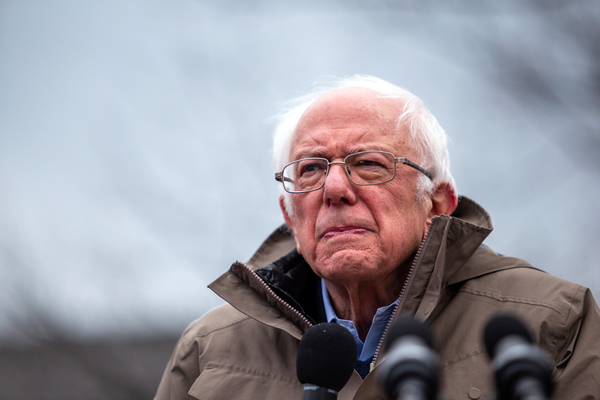What does "progress" really mean?
If you listen to big-government politicians in Washington, progress is synonymous with the centralization of power. If the federal government could only control more of our daily lives, we could "progress" to a happier, more prosperous future in which the national government takes care of our every need.
But history tells a much different story. As Prof. Rob Natelson outlines in a recent editorial in the Epoch Times, the periods of the greatest human progress--including the founding of the United States--were also times of decentralized government.
Recall some of the greatest moments in the advance of civilization: The awakening of human intellect in ancient Greece. The quickening of trade and culture, rule of law, and rise in living standards in the early Roman Empire. The flowering of arts and commerce in Renaissance Italy and Germany, the beginnings of the Industrial Revolution in England, and the economic and technological takeoffs in 19th-century Europe and America.
You may have been taught about these events in school, but you almost certainly weren’t taught what they all have in common: They all occurred in environments of political decentralization. Sometimes, the decentralization was so extreme that the central authorities (if, indeed, there were any) couldn’t even keep the peace. Yet society leaped ahead anyway.
Decentralization permitted the Aristotles and Galileos to move to neighboring jurisdictions more hospitable to their work. It permitted ethnic and religious groups, such as the Jews and Huguenots, to escape persecution and continue productive lives in relatively tolerant Holland and England. It allowed the Ptolemies, Bacons, and Edisons to carry out scientific and technological research in comparative freedom.
Decentralization also encouraged competition among sovereignties and semi-sovereignties for people and for talent. The most welcoming places were rewarded with the most progress.
Political centralizers call themselves “progressives.” But the name embodies a falsehood. Decentralization, not centralization, is more consistent with rapid human progress.
Liberty-loving Americans understand intuitively the truth of this principle. If we want to advance as a nation, we must return to the founding principles of freedom, self-governance, and limited government. Only then will our country achieve its full potential; only then will we make true progress towards a happier, more prosperous future.
That's why over five million Americans and 15 states (so far) have joined the Convention of States Project. The federal government will never limit its own power or put itself back in its constitutional box. The states can do it for them, but only by calling an Article V Convention of States.
A Convention of States is a meeting of all 50 states that has the power to propose constitutional amendments. These amendments can reduce federal power, authority, and jurisdiction, and return that power where it belongs: with the states and the people. It's our most powerful tool to decentralize an all-powerful federal government, and we must use it to get our country back on the path to a bright future.
To join the movement, sign the Convention of States Petition below!


